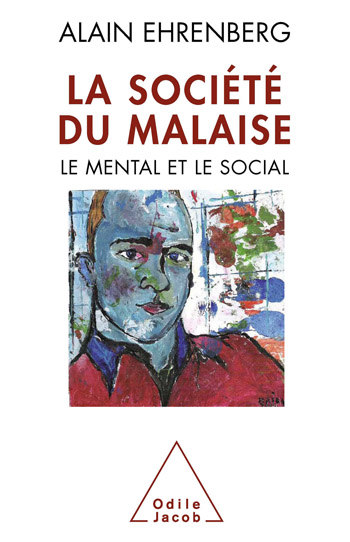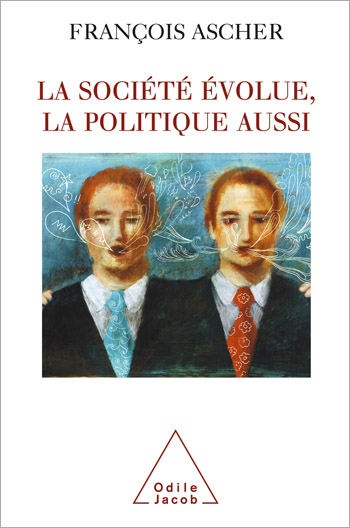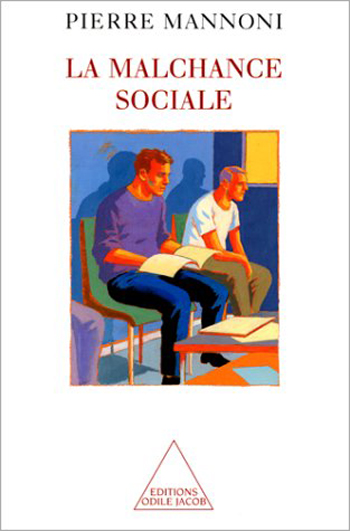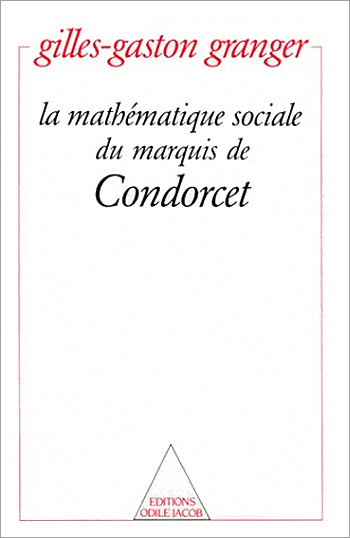Catalog All books
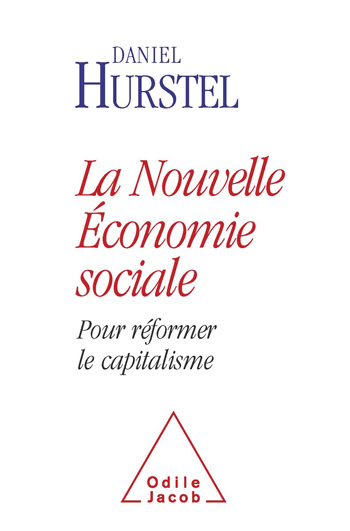
Daniel Hurstel
Socially Conscious Enterprises In Defence of Diversified Capitalism
The author argues that it is time to promote a new form of capitalism founded on socially conscious enterprises pursuing social goals though set up like other members of the business sector.
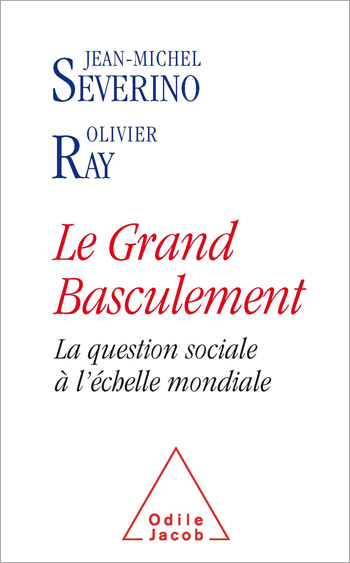
Jean-Michel Severino, Olivier Ray
Social Issues on a Global Scale
Global interdependence has raised social issues to a central position in contemporary debate. But will we know how to deal with these issues?
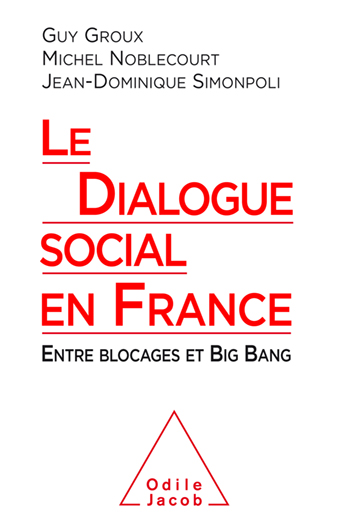
Guy Groux, Michel Noblecourt, Jean-Dominique Simonpoli
Social Dialogue in France
Never has the potential for social dialogue been greater. Never has the law given so much autonomy to social partners...
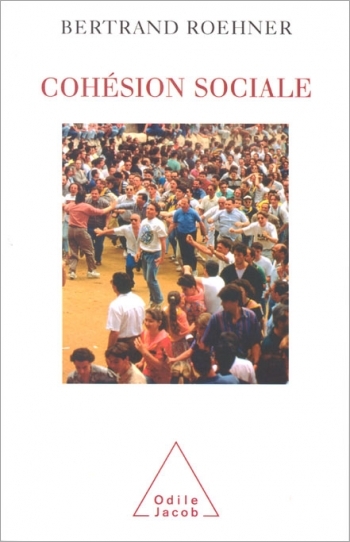
Bertrand Roehner
Social cohesion
The methodology of physics is now being applied to the social sciences. Social cohesion, which assures social stability and continuity, is both observable and measurable. It may be observed in events that repeat: in test events such as the destruction of the mosque in Ayodhya, India (1992), and of the twin towers of the World Trade Center in Manhattan (2001); in catastrophes such as the Great Fire of London (1666), the earthquakes and fires of San Francisco (1906) and Tokyo (1923); in the riots of rejection in Lawrence, Mass., U.S.A. (1984), and in Aigues-Mortes, France (1893); in the protest riots in Brixton, U.K. (1981); and in resistance to foreign occupation, as in France (1940). Social cohesion can be measured through the reactions of a given society in the aftermath of a shock: for example, in the number of Hindu temples that were burned down or mosques that were destroyed following the first two test events listed above. By borrowing the methods of physics, social scientists have been able to make predictions in their own field. Bertrand Roehner is a member of the Laboratory of Theoretical Physics at Pierre et Marie Curie-University of Paris VII. He is the author of Un siècle de commerce du blé en France (Economica), Theory of Markets (Springer), Application of Physics in Economic Modelling, Pattern and Repertoire in History (Harvard University Press) and Separatism and Integration (Rowman and Littlefield).

